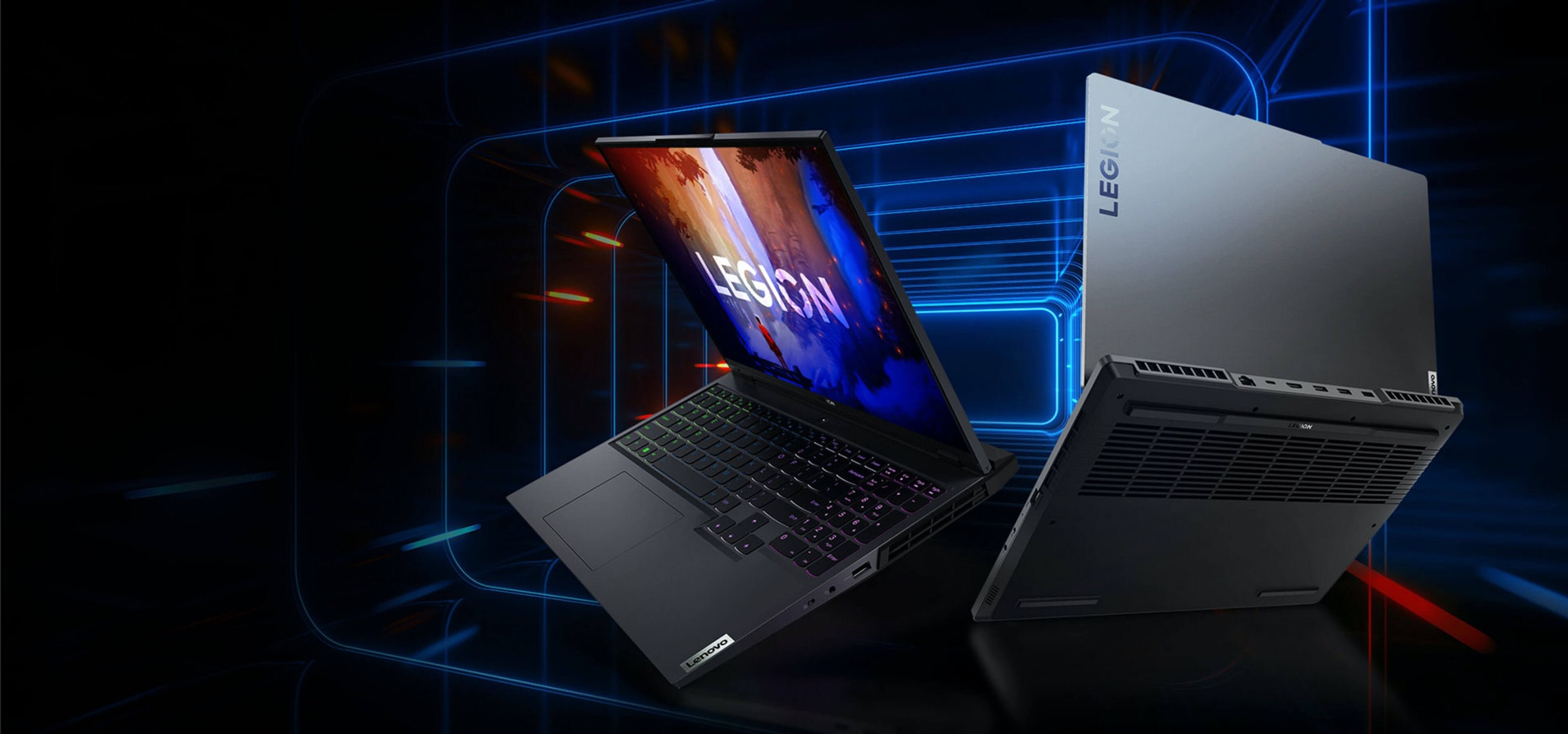Gaming laptops are laptops that have features that are especially suited for gaming. A lot of gamers prefer desktops, but the portability of a notebook or a laptop ensures that you can game from anywhere. There are several components you need to consider when choosing a gaming laptop. Let’s take a closer look at these components.
Graphic Card or GPU
The graphics card, or the Graphics Processing Unit (GPU), is an extremely important component of the gaming laptop, and probably the biggest decision involved in setting up a gaming workstation. The better the GPU, the better the resolution and visual quality of the video game, and thus the better your gaming experience. Choose any of the Lenovo gaming notebooks to ensure a good GPU and gaming experience. This range of reliable gaming notebooks uses the Nvidia GeForce GTX or GeForce RTX units, as do most popular gaming laptops.
Memory and Storage
Gaming needs a high degree of RAM memory. 8GB is the basic RAM you’ll need for a decent gaming experience. If your budget permits, aim for 16GB.
Larger storage can mean shorter loading times, but it can also get a little expensive. For storage, you can opt for a hard drive, SSD, or both. You can start off with a 1TB hard drive, and add to it or add the SSD as per what your budget allows.
Display
You can choose to connect your laptop to a monitor but if you are looking for portability, choose a gaming notebook with a good display. You can opt for 15-18 inch screens, 14-inch if you’re on a budget. A 1920 x 1080 resolution is what you can start with, and go higher as budget permits. You might want to steer clear of touch-screen laptops. Not only does gaming not need this feature, but it can also use up battery life. You can look for either an LED or OLED display. The former has faster refresh rates, while the latter ensures deeper colours.
CPU
The Central Processing Unit (CPU) processes all the instructions sent by the software being used on your machine. In a gaming notebook, the GPU is far more important than the CPU. You can opt for a fast Core i9 processor, but can also do well with a Core i5.
Keyboard
The keyboard helps you game faster and better. Opt for one based on not just design and looks but also functionality. For example, every key should ideally travel down to at least 1.5-2 mm. Also, check how much force you need to expend while punching the keys. Look for one that ensures every key you press registers on the screen.
Gaming laptops are an important element of the entire gaming experience. So, take your time to choose the right one. You don’t have to buy the most expensive system from the get-go. You can keep upgrading over a period of time, especially since most gaming notebooks let you do this with your RAM and storage. Now that you know what to look for in a gaming notebook, set a budget and choose one that best meets these parameters within your budget.
